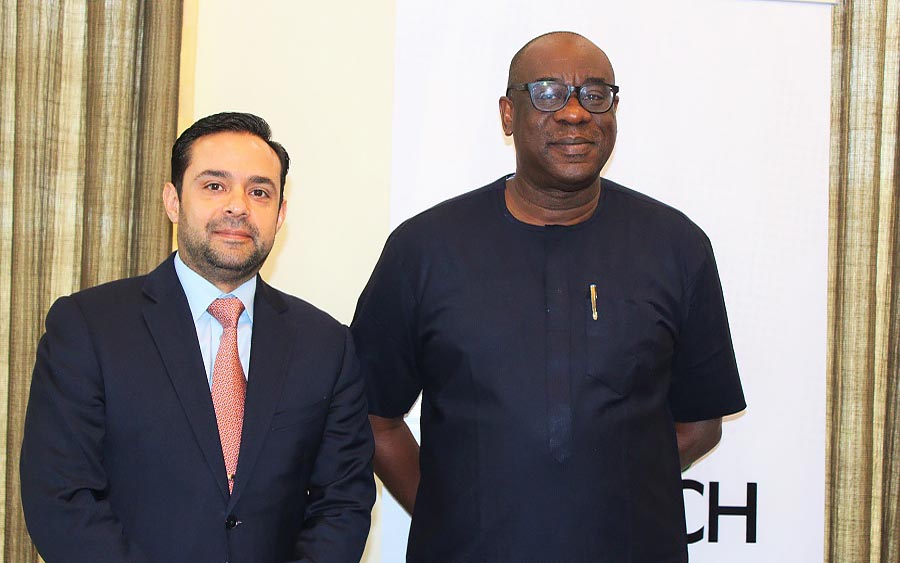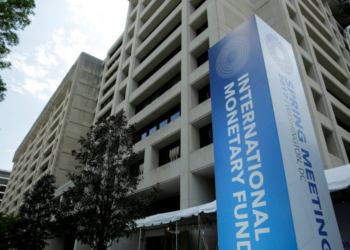The Central Bank of Nigeria (CBN) has reemphasized its commitment to using technology to increase the number of banked Nigerians.
The Deputy Governor, Operations Directorate, CBN, Ade Shonubi, explained that in the last three years, the apex bank had been deploying technology towards deepening financial inclusion and that many other West African countries were following suit with various innovations that had been introduced in the banking system.
“Like people, countries must evolve. We must create an environment which enables our people, young and old, as well as the country, take control of our tech future.”
He added that the apex bank had also released new policy frameworks on consumer protection, financial literacy and financial education.
“Adequate consumer protection is critical to sustaining the long term viability of the financial sector because consumer protection is a necessary precursor to building and maintaining trust in the formal financial sector.
“An essential pillar of any consumer protection regime is consumer education, which is founded on financial literacy.
“The benefits of a financially literate population are immense. Consumers are better equipped to make optimal choices in the use of financial products, pose lower credit and default risk.
“In addition constitute a market for sustainable financial services and promote Financial System Stability by increasing market demand and responsible use of financial services,” she said.
Meanwhile, Nairametrics had reported that the United Kingdom’s Enhancing Financial Innovation and Access (EFInA) in partnership with the CBN disclosed in a report that most men and women in the nation do not feel they have enough money.
What it implies
The development limits them to save, make income or take risks on loans, thereby making them financially excluded.
Nearly 50% of the population endures extreme poverty, the unemployment rate stands at around 23% and a significant portion of Nigerians lack adequate education.
It stated, “They devote the little income they have to live costs (e.g., food, rent, cooking fuel, and clothes) their children’s education, and occasionally, family and community events (eg, births. Weddings and funerals).
“They often considered the financial services they knew of (e.g., bank accounts and savings groups) out of reach because they felt they did not have enough disposable income to make the necessary deposits. In general, they experienced a lack of control over their economic situation and often trusted in God to look after them.”
[READ MORE: Heritage Bank joins the bandwagon by targeting the “unbanked”]
EFInA was established in late 2007, with a vision to be the leader in facilitating the emergence of an all-inclusive and growth-promoting the financial system. EFInA is funded by the UK Government’s Department for International Development (DFID) and the Bill & Melinda Gates Foundation.





















